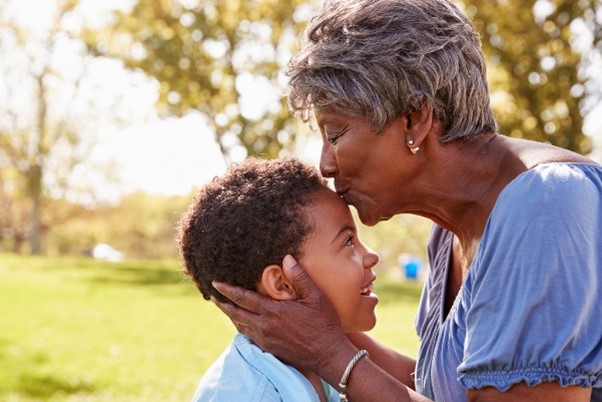Care Arrangements
Care Arranagements
Keeping Families Together

We make every effort to keep children in their own homes, with their own families whenever possible. When children cannot be cared for safely by their parents, we look to other family members or people who are familiar to the child to provide a safe, nurturing home for as long as that child requires it. We call this Kinship Service.
There are two ways that a child can be placed in your home under Kinship:
1. Voluntary Service Agreement
The child’s parent signs an agreement with the Children’s Aid Society placing the child with a kin caregiver for a specific period of time. The child’s parent, the kin caregiver and the workers involved will sit down and talk about what everyone is responsible for. The child’s parent has the right to make decisions about school and medical care.
2. Supervision Order
The court may make an order to place the child with a kin caregiver for a period of 4-12 months. The court will give the child’s parent some things to work on during this time. Plans for visiting between the child and the parent will be ordered by the court.
If the child is in foster care, and it is determined that remaining in foster care best meets the child’s needs, a kin caregiver would need to qualify as a foster parent in order to have the child placed in their home. This would involve some training and an assessment.
Things to Consider
Wanting to care for a child you know who needs a safe place to stay is a very generous gift. There are some important things to consider when you make the decision to become a kinship caregiver.
- Am I ready and willing to change my role in the child’s life and be a “parent” to the child for as long as he or she needs me?
- How will that change my relationship with the child? With the child’s parents?
- How do I feel about the child’s parents right now? Can I supervise contact between the parents and the child?
- Can I add this child to my family and still afford what my family needs?
- Am I willing to go to therapy with the child or other services the child needs?
- Am I okay with getting involved in the child’s court case?
- If the child is not able to return home, would I consider legal custody or adoption?

If you have thought about these things and are ready to apply, please contact us at (705) 472-0910 or via email at more.info@parnipcas.org.
When parents make the changes that are needed to keep their children safe and well cared for, we hope that you will continue to be a support to the family. The safe, loving and stable family life you have provided will be a lifelong gift that you have given that child and that family.
